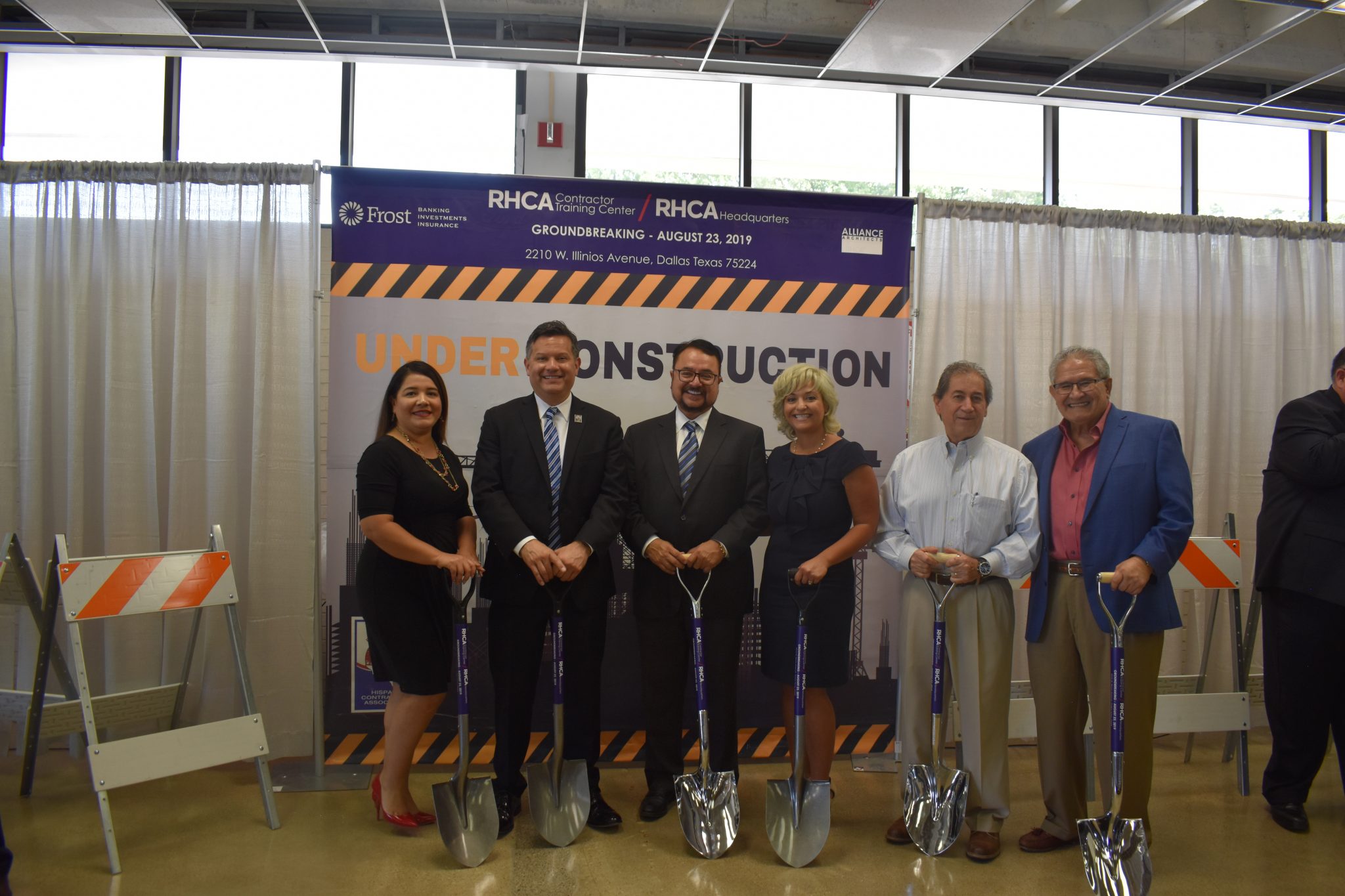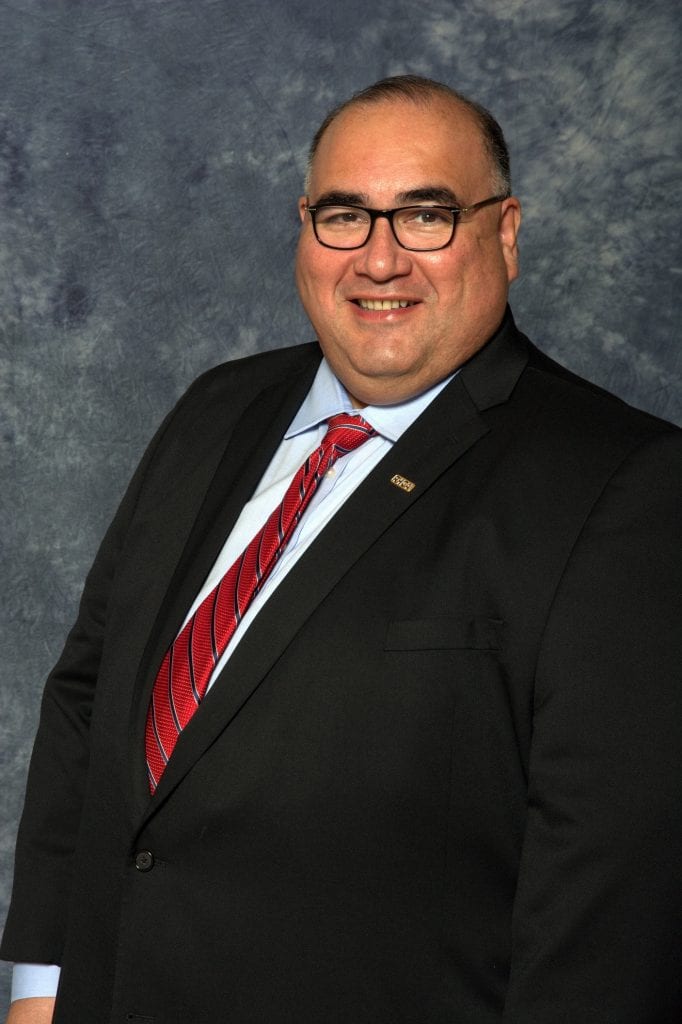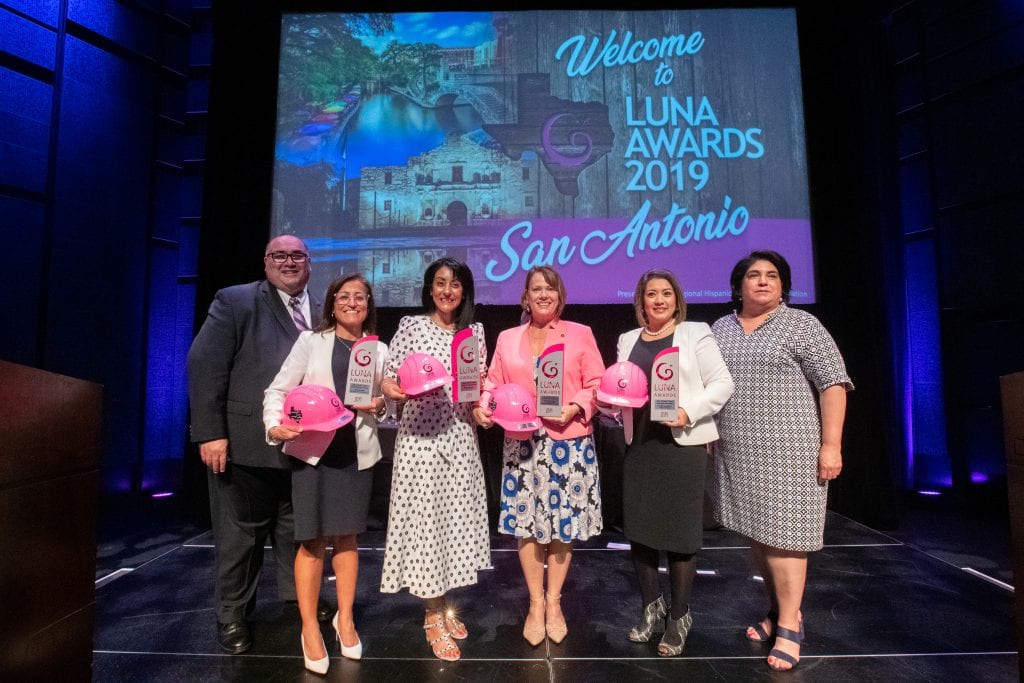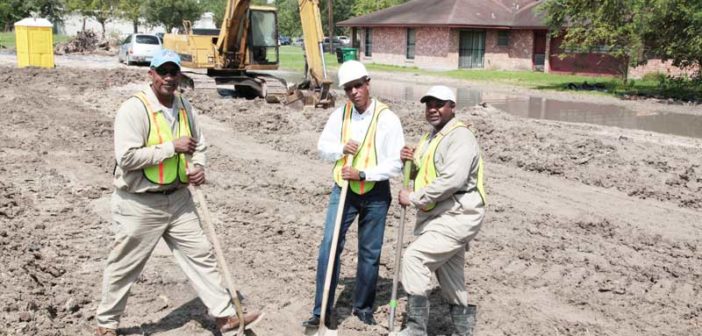
The Regional Hispanic Contractors Association was founded on the principle of helping the little guy and on being the helping hand that young businesses need to excel, and 25 years later, RHCA is still holding strong to that foundation.
What started out as a committee of the Greater Dallas Hispanic Chamber of Commerce has grown into an organization of its own with over 1,700 members. RHCA was founded by a group of men and women contractors, all with over a decade of experience in business, who wanted to help the next generation of contractors. They started by asking themselves essential questions such as “How do we get more business for young contractors? What kind of training do they need? How do we introduce them to the right people?” which led to the development of the services and resources now offered at RHCA.
“Most contractors know their trade very well,” RHCA President John Martinez said. “But if they’ve been doing that trade for 10-15 years as an employee, they don’t have the necessary business skills. They’ve never had to bid a project, hire people, get the supplies or handle administrative stuff, so they quickly found out that if they wanted to help grow these businesses, they’re going to have to offer a lot of training.”
John Martinez has worked with RHCA for almost 15 years. As CEO and president, he is responsible for ensuring that the organization moves forward following its mission of “helping the industry.” He reports to everyone, whether it be the staff, board members, RHCA members, clients, volunteers, etc.

“I try to stay five steps ahead and know where we need to go next,” Martinez said. “I can only do that through the feedback of all our constituents. I get told where we are trying to get to, and then it is my job to figure out what that daily journey is for us to reach the final destination.”
Supporting its mission of “helping the industry,” RHCA offers a variety of services to members and nonmembers aimed at equipping them with the tools to continue to successfully grow their businesses. The majority of contractors that attend RHCA classes come from a construction, architecture or engineering background. And although these contractors are masters at their skill, many of them are lacking the basic knowledge and skills required to operate a business. When these contractors first start a business, as Martinez puts it, “they don’t know what they don’t know.” RHCA offers courses on topics such as bidding, estimating, finance, human resources, and management so these new business owners have what they need to be successful.
RHCA also places great emphasis on safety training. Texas is ranked number one in highest fatality rates, followed by California and Florida, all of which have a very high Hispanic population.
“Hispanics are, by far, injured and killed at higher rates on construction sites throughout the country compared to other populations,” Martinez said. “Falls are the number one leading fatal injury on construction sites, so we offer a two-hour safety training just on falls. People don’t realize how dangerous they are, especially when you are not educated on site safety.”
Another aspect that RHCA focuses on is business development. Unlike larger businesses that have specific departments to handle business development, project management and other large tasks that come along with running a construction, architecture or engineering company, small businesses owners must bear the entire load themselves.
“Big construction companies have the advantage of specific departments handling business development content and hunting down jobs,” Martinez said. “But as a small company, the owner is usually responsible for all that, plus the work of the actual trade. If they are not out there working themselves, they aren’t making money to support their own families.”
Apart from the much-needed services provided by RHCA, they also play a big part in advocating for small business contractors. Because a contractor’s main focus is typically on getting the job done as well as securing the next job, they benefit greatly from organizations like RHCA who advocate for their inclusion on projects.
“Unfortunately for minority contractors, it can still be a challenge to get work,” Martinez said. “So part of our group’s effort is to advocate that some of these big public projects, through a competitive bid process, hire these minority-owned businesses to work on the projects.”
As much time as RHCA invests in providing essential services and resources to contractors, they still make time to recognize and celebrate successful and hard-working businesses around them. RHCA’s Pillar Awards is held every year to recognize things like project of the year, contractor of the year, subcontractor of the year and many more. Martinez and his team understand the importance of letting companies and individuals know that their great work in not going unnoticed.
RHCA is also notorious for their annual Luna Awards ceremony. Created by Martinez, his teammate, Yolanda Tafoya, and Elizabeth Ponce, a young Latina entrepreneur, in honor of the late Maria Luna, the founding owner and operator of Luna Tortilla Factory in Dallas, Texas, the Luna Awards celebrates women in business.

“We wanted to create an event that recognized women in business and gave them a space to network, train and develop and celebrate with each other without the pressure of a hierarchy. The Luna Awards was definitely ahead of its time with inclusion.”
The Luna Awards is now recognized as the gold-standard for women in construction, architecture and engineering, and it has expanded statewide from Dallas-Fort Worth to Austin, Houston, Corpus Christie and San Antonio.
After 25 years in business, RHCA has much growth, success and service to celebrate, but they are not even close to stopping. They have recently begun a $1.3 million renovation on their headquarters, giving much more space to hold trainings, meetings and more.
“I know that because of our work over the last 25 years, there have been men and women who didn’t get hurt on the job, who were able to open a business and grow it into a successful business,” Martinez said. “And we don’t want to stop doing that. We want to keep answering our mission of ‘how do we help and grow the industry?’ just as our founders did.”







